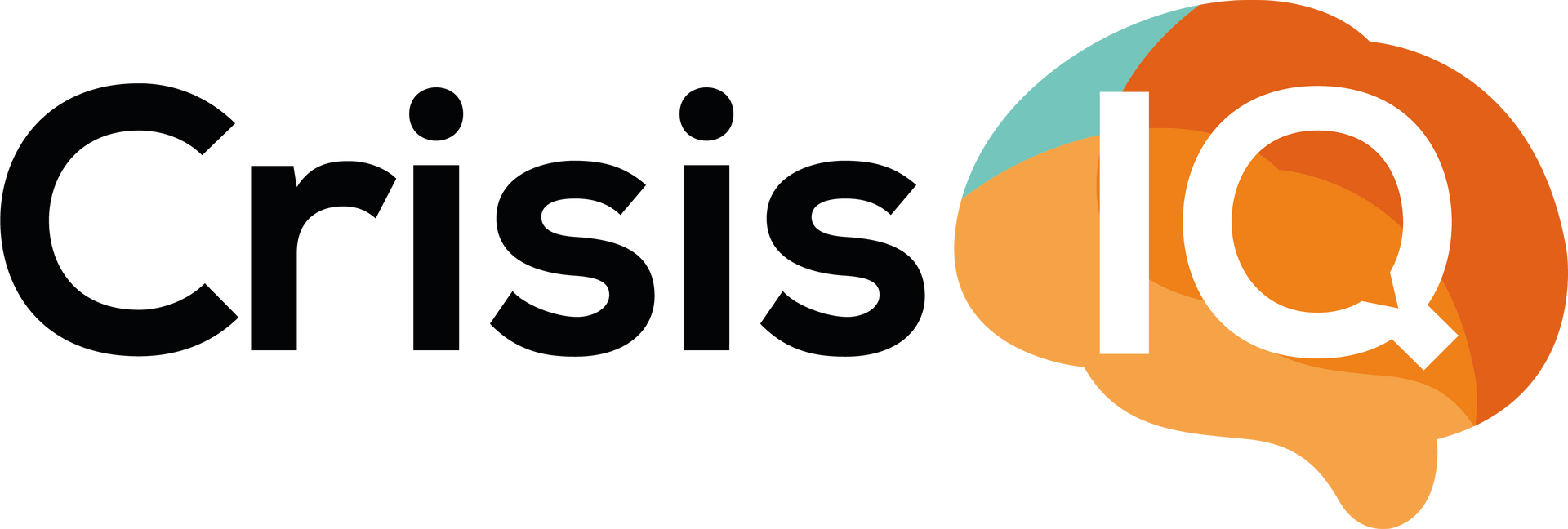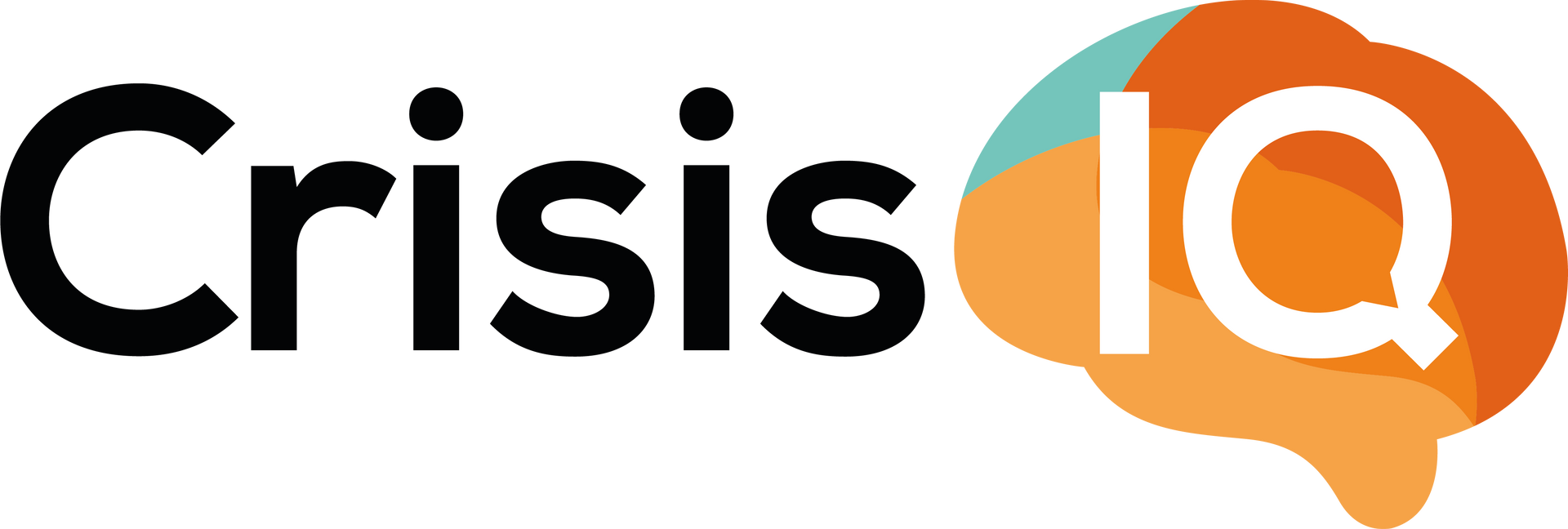
Advanced Call-Taking
Class Description:
The "Advanced Call-Taking" class is designed to elevate the skills of veteran 911 dispatchers by providing them with advanced tools and strategies to effectively handle challenging emergency situations. With a focus on proactive rather than reactive approaches, this course empowers dispatchers to anticipate and mitigate potential risks, ensuring the highest level of emergency response.
Key Learning Objectives:
- Proactive Communication Strategies: Dispatchers will learn how to anticipate potential escalation factors in emergency calls and proactively de-escalate situations before they become unmanageable. Through scenario-based training and lecture, dispatchers will develop the ability to identify early warning signs and implement communication techniques to defuse tension and promote a positive outcome.
- Coercive Compliance Techniques: Dispatchers will be equipped with specialized techniques to effectively communicate with individuals experiencing mental health crises or exhibiting non-compliant behavior. Dispatchers will learn how to navigate challenging conversations, build rapport, and encourage cooperation while prioritizing the safety of all parties involved.
- Effective Questioning Techniques: Dispatchers will learn advanced questioning techniques to elicit critical information from callers and assess the nature and severity of the emergency more accurately. By mastering open-ended, clarifying, and directive questioning methods, dispatchers will be equipped to gather essential details efficiently, enabling faster and more effective response by emergency personnel.
- Appropriate Application of Interviewing and Interrogating: Dispatchers will learn to assess the nature of each emergency call and determine the most suitable approach—interviewing or interrogating—based on the specific circumstances and objectives. By understanding the potential impact of their communication style on callers and the overall resolution of the situation, dispatchers will be able to adapt their approach accordingly, fostering trust and cooperation while ensuring effective information gathering and decision-making.
- Identification of Ulterior Motives: Dispatchers will develop the ability to recognize indicators of potential ulterior motives or hidden agendas in emergency calls. Through case studies and lecture, dispatchers will learn to discern subtle cues, inconsistencies, and behavioral patterns that may signal deception, manipulation, or malicious intent. By maintaining vigilance and critical thinking, dispatchers can enhance situational awareness and take appropriate precautions to ensure the safety of responders.
Delivery Method:
The class will be delivered through a combination of lectures, interactive discussions, and case studies. An experienced instructor with expertise in emergency dispatch and crisis intervention will facilitate engaging learning experiences that encourage active participation and skill development.
Rules:
Online students are required to keep their cameras on, showing their face, throughout the entirety of the class. Students who exceed more than one hour of missed class time will not receive credit for the course and will have to retake it at a later date.
Target audience:
This course is specifically designed for veteran 911 dispatchers with prior experience in emergency call-taking. It caters to individuals who are seeking to enhance their proficiency in handling complex emergency situations and furthering their professional development within the field of emergency dispatch. Two years of working in emergency dispatch are preferred. If you wish to propose an exception, please contact us.
Outcome:
Upon completion of the "Advanced Call-Taking" class, participants will possess the advanced knowledge, skills, and confidence to effectively manage challenging emergency calls, communicate with individuals in crisis, and prioritize the safety and well-being of both callers and responders. This heightened proficiency will contribute to the overall effectiveness and professionalism of emergency dispatch services, ultimately saving lives and serving communities more effectively.
Length of Class:
8 hours
Cost per Student:
Daytime (8am - 5pm EST) $175
Evening (4pm - 1am EST) $250
